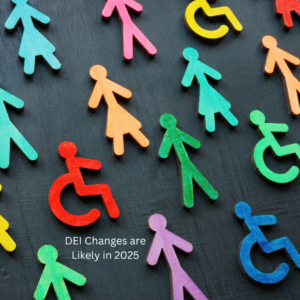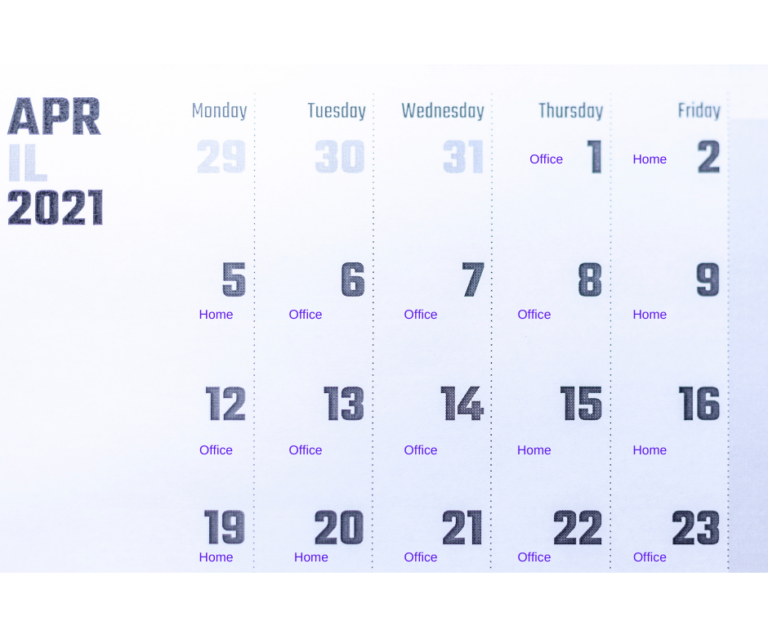
Evolutions in the world and in the work, world just keep coming. If you’re on X, formerly known as Twitter, you may have seen the growing list of companies that have decided to roll back, revise or cancel their DEI (Diversity, Equity and Inclusion) policy in 2024. As with all things on X and other social media, these changes are polarizing and often carry strong political overtones.
Nevertheless, the DEI hits keep coming. The number of companies that have revised or canceled their DEI policies included CNN, DoorDash, Ford, Google, Harley-Davidson, John Deere, Tractor Supply Co., Jack Daniels’ owner Brown Forman, Lowe’s, Lyft, Microsoft, Snapchat, Telsa, Wayfair and Zoom. Not a small list.
Ripple Effect
Businesses who might have remained on the fence about continuing DEI policies were dealt another blow when the Society for Human Resource Management (SHRM) said it would also moving away from DE&I. Johnny C. Taylor, CEO, SHRM, announced SHRM’s diversity initiative will now be called I&D (Inclusion & Diversity) in a LinkedIn post on July 9. SHRM is “choosing to lead with inclusion,” according to Taylor.
Not surprisingly, SHRM’s announcement has sparked a polarizing debate that will likely have some influence on how and if companies will follow the lead of SHRM’s new direction. The changing policies of the new administration in January could also find more companies shifting course accordingly.
Reasons for SHRM’s Changes
⚬ DE&I programs, in their current form, simply aren’t working.
⚬ Societal backlash and increased polarization across the U.S.
⚬ Seeing companies take a step back from their DE&I initiatives.
LinkedIn (SHRM)
DEI Origins
DEI policies at their most foundational look to promote the fair treatment and full participation of all people, particularly groups who have been historically misrepresented and/or subject to discrimination. Yet, the origins of DEI in the workplace remain a bit fuzzy. Some recount workplace diversity training beginning as early as the 1960s in conjunction with the Civil Rights movement. Others see the entry of these policies occurring much later in a more modern workplace era.
Plotting a New Landscape
In the last couple of years, DEI policies have played a prominent role within business, but as many companies dissolve DEI roles and choose to focus energy elsewhere, this leaves businesses at yet another critical juncture. This can be viewed as an opportunity for employees and business owners to reassess the true role/value of diversity, equity and inclusion in the workplace, not as a policy but in everyday actions and choices. Businesses, employees and shareholders will need to collectively determine if a policy truly meets the needs of its employees or if there are potentially other ways to create a more satisfactory outcome.

